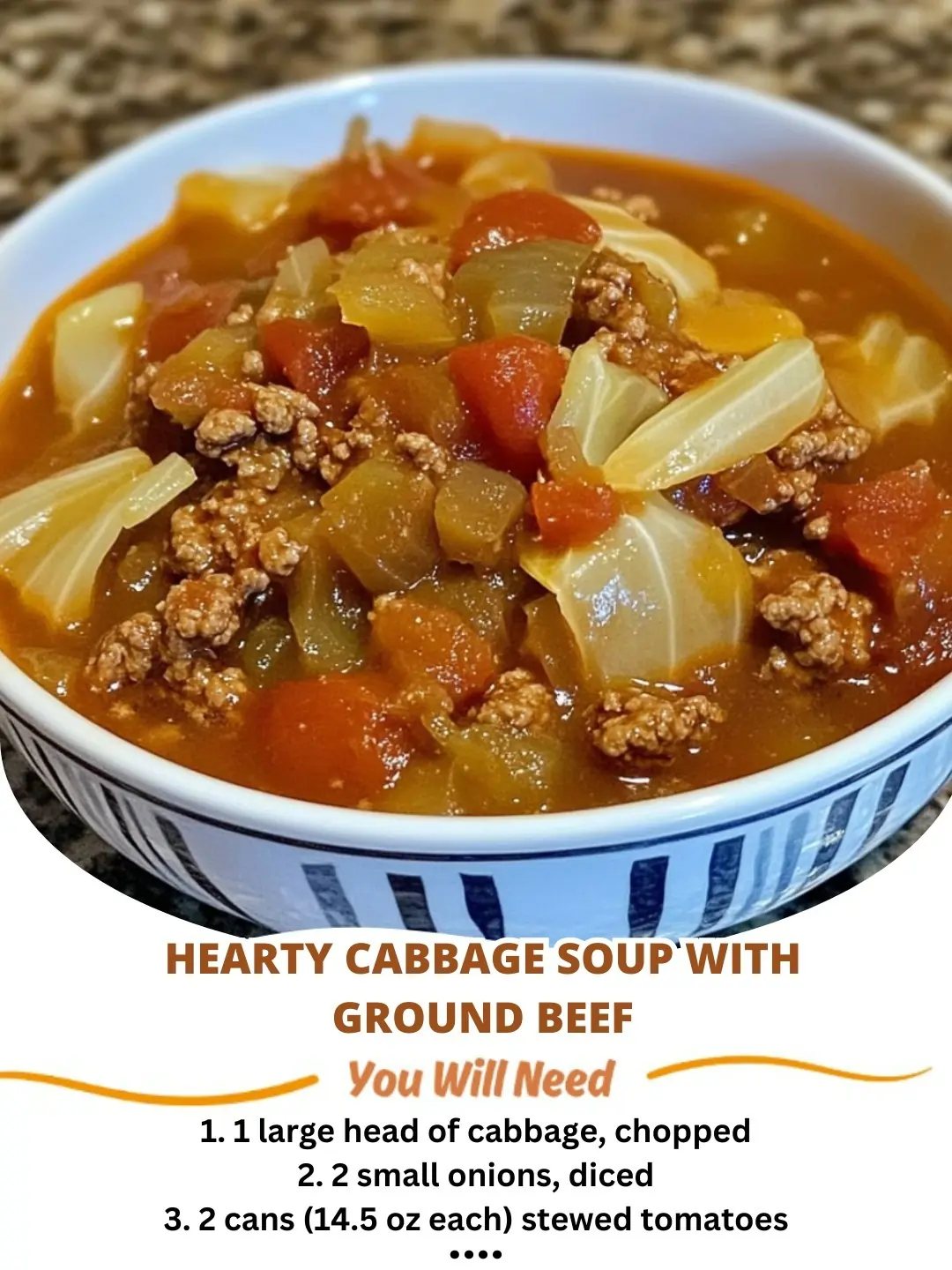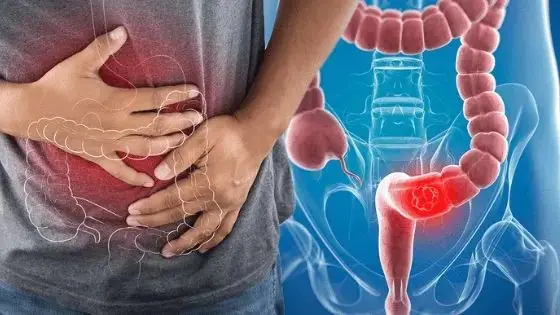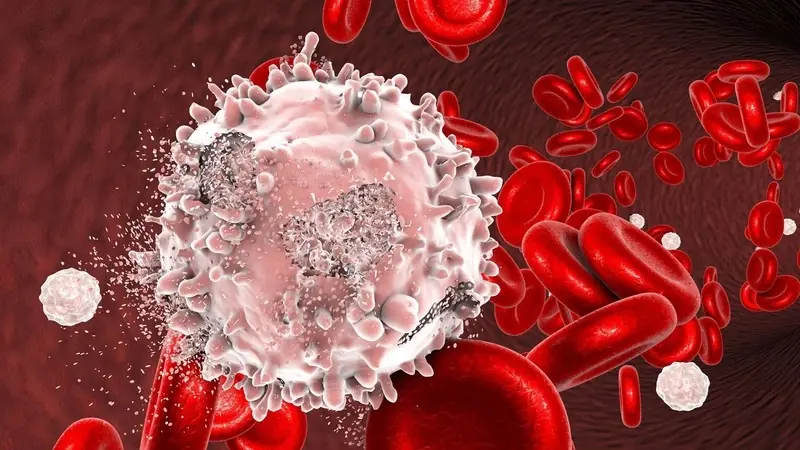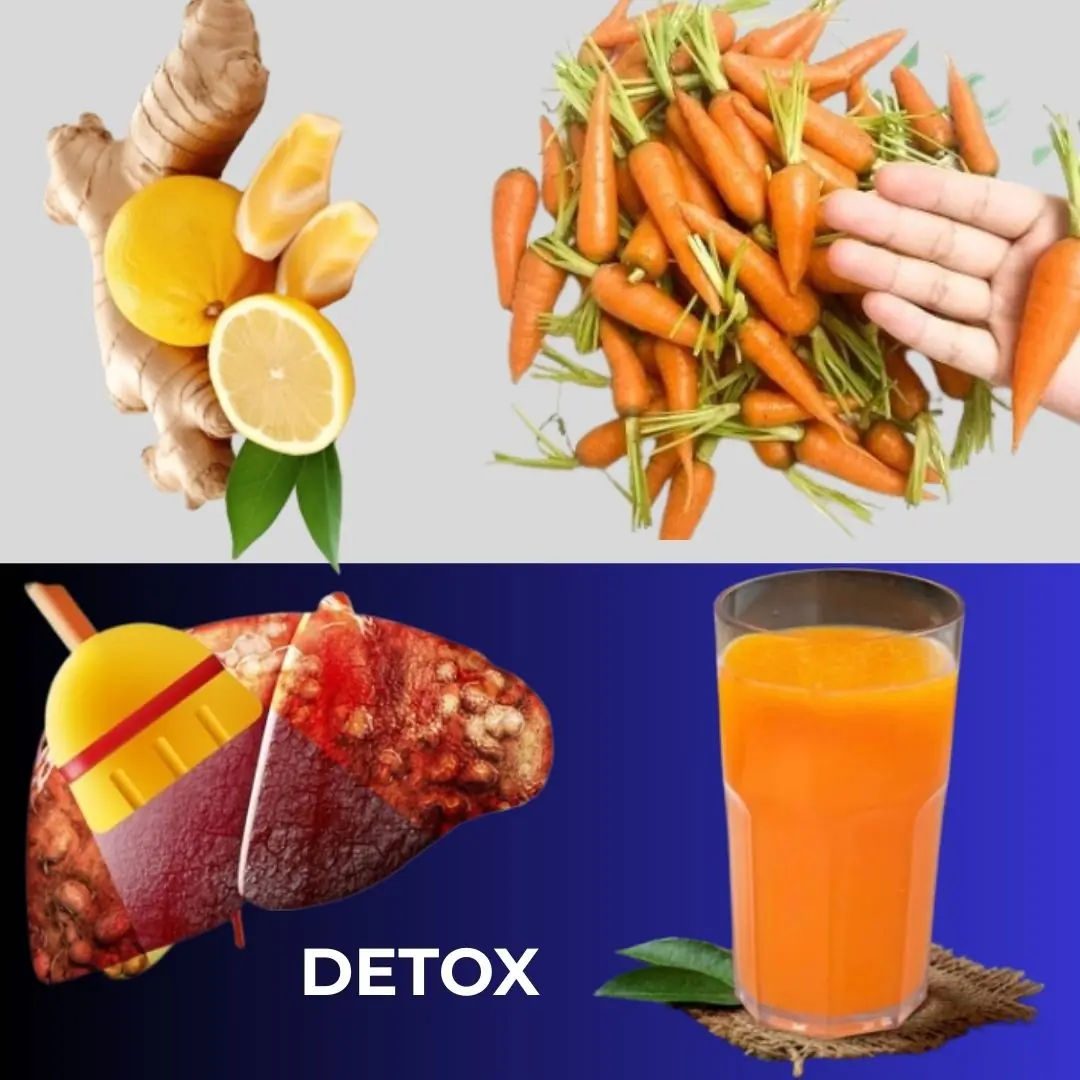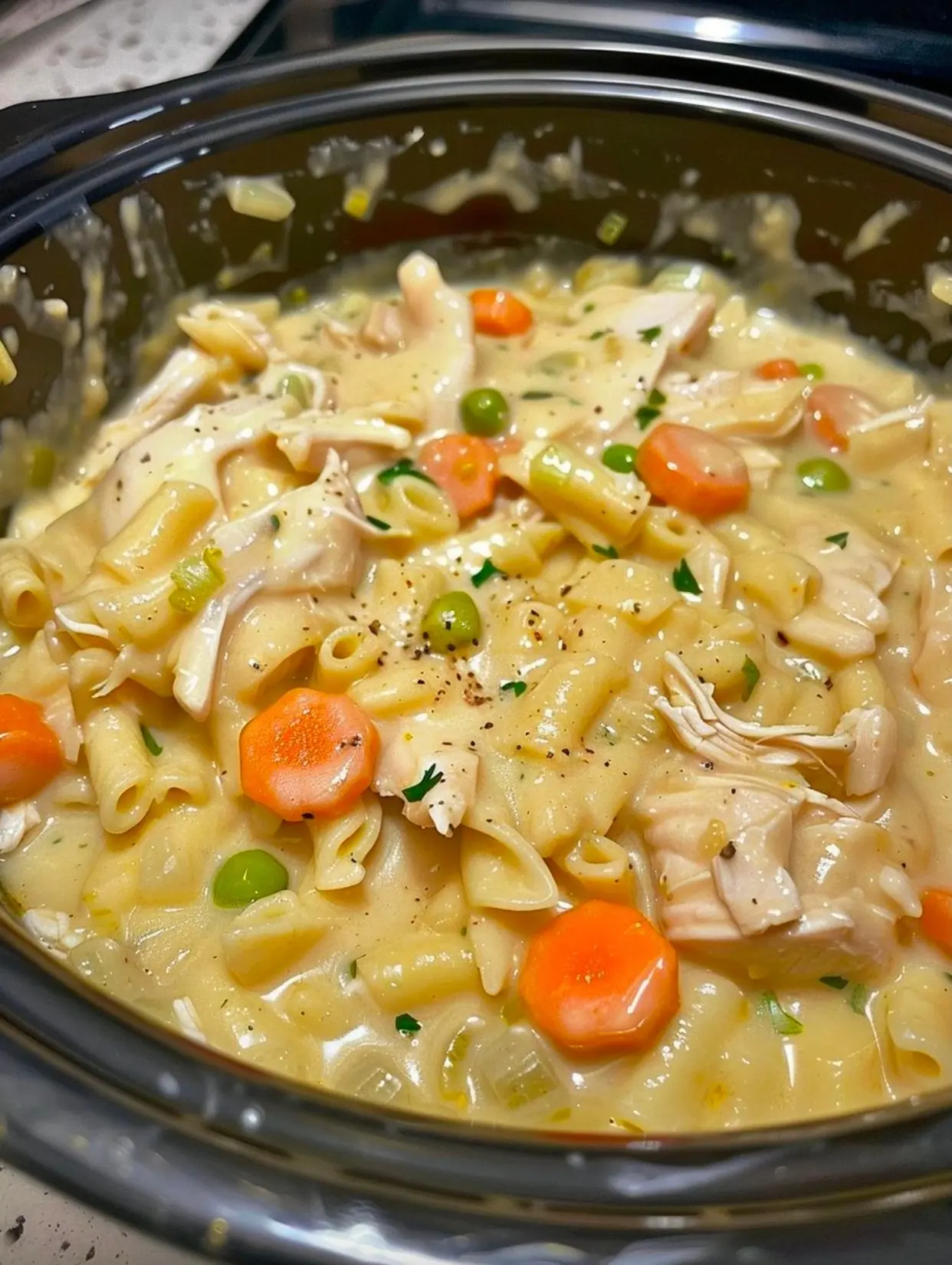Inflammation, bloat, and constipation are common digestive issues that can significantly impact quality of life. Inflammation is the body's natural response to injury or infection, but chronic inflammation can lead to discomfort and disease. Bloating is the uncomfortable sensation of fullness or swelling in the abdomen, often caused by gas or fluid retention. Constipation is characterized by infrequent or difficult bowel movements. Understanding these conditions is the first step toward finding relief and improving digestive health.


The Science Behind Inflammation, Bloat, and Constipation
Inflammation occurs when the immune system releases chemicals to protect the body from foreign invaders. However, when this response is prolonged, it can lead to chronic inflammation, contributing to various health issues, including digestive disorders. Bloating often results from the fermentation of undigested food in the gut, leading to gas production. Constipation can be caused by a lack of fiber, dehydration, or a sedentary lifestyle, slowing down the movement of stool through the intestines.
Advertisement
Lifestyle Changes to Alleviate Symptoms
Incorporating regular physical activity, staying hydrated, and managing stress are crucial lifestyle changes that can alleviate symptoms of inflammation, bloat, and constipation. Exercise helps stimulate intestinal contractions, promoting regular bowel movements. Drinking plenty of water helps soften stool and prevent constipation. Stress management techniques, such as yoga or meditation, can reduce stress-induced digestive issues.
Dietary Adjustments for Digestive Health
A diet rich in fiber, probiotics, and anti-inflammatory foods can significantly improve digestive health. Consuming whole grains, fruits, and vegetables provides the necessary fiber to promote regularity. Probiotic-rich foods like yogurt and fermented products help maintain a healthy gut microbiome. Anti-inflammatory foods, such as fatty fish, nuts, and leafy greens, can reduce inflammation in the digestive tract.
Top 10 Most Popular Home Remedies for Relief
Home remedies offer natural and accessible ways to alleviate symptoms of inflammation, bloat, and constipation. These remedies often use ingredients that are readily available and have been used traditionally for their healing properties.
1. Ginger Tea: A Natural Anti-Inflammatory
Ginger contains gingerol, a bioactive compound with powerful anti-inflammatory and antioxidant effects. Drinking ginger tea can help reduce inflammation in the digestive tract and alleviate nausea and bloating.
2. Peppermint Oil: Easing Digestive Discomfort
Peppermint oil has been shown to relax the muscles of the gastrointestinal tract, reducing spasms and discomfort. It is particularly effective in relieving symptoms of irritable bowel syndrome (IBS), including bloating and gas.
3. Probiotic Yogurt: Balancing Gut Flora
Probiotic yogurt contains live bacteria that help restore the natural balance of gut flora. This can improve digestion, enhance nutrient absorption, and reduce symptoms of constipation and bloating.
4. Warm Lemon Water: Stimulating Digestion
Drinking warm lemon water in the morning can stimulate the digestive system and promote regular bowel movements. The acidity of lemon juice can also help break down food more efficiently.
5. Apple Cider Vinegar: Aiding Digestion and Reducing Bloat
Apple cider vinegar is believed to improve digestion by increasing stomach acid production, which can help break down food. It may also reduce bloating by promoting the growth of healthy gut bacteria.
6. Aloe Vera Juice: Soothing the Digestive Tract
Aloe vera juice has natural anti-inflammatory properties that can soothe the lining of the digestive tract. It is also a natural laxative, which can help relieve constipation.
7. Fennel Seeds: Relieving Gas and Bloating
Fennel seeds have carminative properties, meaning they can help expel gas from the digestive tract and reduce bloating. Chewing fennel seeds or drinking fennel tea can provide relief from digestive discomfort.
8. Chamomile Tea: Calming the Digestive System
Chamomile tea is known for its calming effects on the body and can help relax the digestive muscles, reducing spasms and discomfort. It is also effective in relieving symptoms of indigestion and bloating.
9. Psyllium Husk: Promoting Regularity
Psyllium husk is a soluble fiber that absorbs water and forms a gel-like substance in the intestines, promoting regular bowel movements. It is effective in treating constipation and maintaining overall digestive health.
10. Turmeric: Reducing Inflammation Naturally
Turmeric contains curcumin, a compound with potent anti-inflammatory properties. Including turmeric in your diet can help reduce inflammation in the digestive tract and alleviate symptoms of digestive disorders.
When to Seek Professional Help
While home remedies and lifestyle changes can provide relief, it is important to seek professional help if symptoms persist or worsen. Chronic inflammation, severe bloating, or prolonged constipation may indicate an underlying health condition that requires medical attention.


Conclusion: Achieving Digestive Wellness
Achieving digestive wellness involves a holistic approach that includes dietary adjustments, lifestyle changes, and natural remedies. By understanding the causes of inflammation, bloat, and constipation, and implementing effective strategies, individuals can improve their digestive health and overall well-being.


